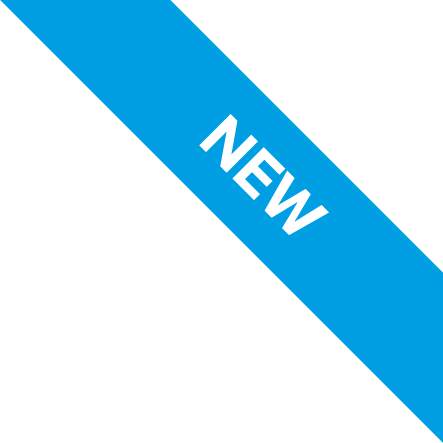
Practicing and theorizing in the creative field invites directly to ask what is the impact of theory on practical production, and vice versa. Intuition seems to suggest clues to the difficult balance between theoretical and practical knowledge.
In intuition there is an openness to error, to uncertainty, to the unexpected. Within this intricate interweaving of reason and feeling, theoretical analysis and personal hazards, we now wonder: can the ability to reach intuitive synthesis be trained? Trying to observe some experiences directly, it would seem possible to argue that training an intuitive ability is possible. Observing methods, points of view and experiments of contemporary architects, artists, curators and researchers, it seems possible to discover some sort of education of intuition through the training of perceptual attention. In these experiences, intuition seems to be understood and invited as that capacity for openness to interference: interference between theory and practice, between certainties and uncertainties, between mind and body, between the self and the other. The interference that leads to the encounter through error, the interference that invites us to welcome the unexpected with curiosity and that is able to observe the novelty in the already known. Interfere, intuit.